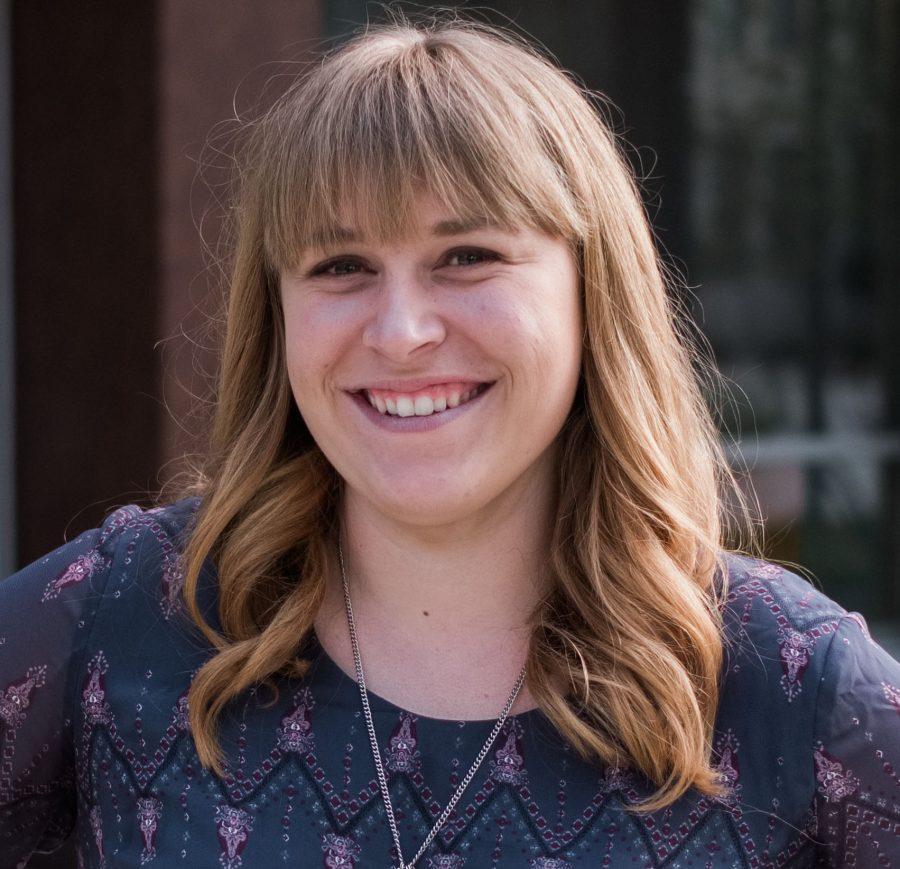Imagine your best friends coming to you in mental anguish, full of a depression tearing their insides so strongly that they beg for any escape from the misery. Eventually, it becomes an even worse pain, one that we can’t imagine unless we’ve felt it ourselves.
Your best friend, who you love so much and want to help out of anguish, ask you to help them kill themselves.
What do you do?
I hope your answer is to get your friend help from a doctor, not aid in their suicide, but at the rate society is moving — down a spiral of losing respect for all life — I fear that at some point in our near future, taking your friend to a doctor might result in a suicide anyway.
Euthanasia, commonly called physician-assisted suicide, is spinning out of control. In the Netherlands, there is one dedicated death clinic, and it can no longer keep up with demand. The director of the Levenseindekliniek in Amsterdam recently said he needs to double the number of doctors he currently employs to keep up.
In 2012, the death clinic helped euthanize (and in my opinion, murder) 32 patients. By the end of this year, the center will have murdered 720.
Those numbers only represent the death clinic, but doctors across the Netherlands also perform doctor-assisted suicides. According to The Guardian, there have been 18,000 requests to die in the country. From 4,188 people euthanized in 2012, the nation’s total has jumped 67 percent, with an expected assisted-suicide count to exceed 7,000 for 2017.
For now, these voluntary, doctor-assisted suicides are reserved only for people who have unbearable suffering with no prospect of improvement or an alternative remedy. For now.
In the Netherlands, the taboo of euthanasia is gone, and that is likely to spread to other countries. In the United States, California, Colorado, Oregon, Vermont, Washington and Washington D.C. have legalized physician-assisted suicide. Montana allows it as well but only through court ruling.
How long is it until all states have legalized the procedure? And how long until that procedure is taken advantage of?
I fully understand that the slippery slope argument is a logical fallacy, but we’ve seen slippery slopes happen in our lives every day.
Doctors get into the business of saving lives, not ending them. You can argue all you want that they get into the business of improving quality of life, and when there’s poor quality, it’s okay to end that person’s life, but when we start choosing when it’s time for someone to die, we start demeaning the concept and respect for life.
How do we guarantee that euthanasia is always voluntary? While it is required that the person receiving a doctor-assisted suicide gives consent with a signature, I’ve seen first-hand elder abuse watching my grandparents and great grandparents in nursing homes. They’ve signed things because their doctors said they should without even knowing what they were signing.
Even if doctors don’t become corrupt enough to do this and can’t stand to see their patients in the type of pain they are in, families might. Seeing a loved one in pain is hard, and we may want to see that misery end by convincing a loved one to consent to physician-assisted suicide without the parent, grandparent, aunt, uncle or great grandparent even understanding what is going on. If we slide down the slope further, some families may see their elders as a burden and coerce the signature as well.
Now, back to the initial scenario where your best friends in the entire world asks you to help them die. Who is to say this mental pain is less gruesome than physical pain? How can we deny these individuals a physician-assisted suicide while offering it to those we deem more in pain?
You could argue that mental health is reversible, that there are alternates like medication and therapy, but some people struggle with depression and mental health disorders their entire lives.
When we start normalizing death by choice, we start normalizing suicide. We start saying to the person with no hope for a better life they can end their life on their own, not assisted by a doctor, because what is the real difference? We start encouraging our struggling friends to take their own lives when they deem it fit because they have that right. We stop encouraging respect for life. We stop encouraging well-being. We stop normalizing support.
I used to be an avid supporter of the death penalty. Some people just didn’t deserve to live after the things they’d done, I thought. At some point during my college career, I realized that life in prison is a much bigger punishment, and more importantly, that killing even murderers continued a cycle of demeaning life itself. We don’t get to choose when someone will die.
Ohio held its first execution in several years back in June. This execution was a big deal for Ohio, because it came after the state halted executions for nearly three and a half years after Dennis McGuire struggled, coughed and gasped for 26 minutes of death on Jan. 16, 2014.
Lethal injection drugs in the state of Ohio are made of 500 milligrams of midazolam hydrochloride, a strong sedative; 1,000 milligrams of rocuronium bromide, a muscle relaxer; and 240 milligrams of potassium chloride, used to stop the heart.
I imagine similar combinations are used in physician-assisted suicides. While governments claim this leads to a pain-free death, others are skeptical, myself included. With such strong muscle relaxers and sedatives, it’s possible that those being killed by lethal injection are experiencing an excruciating amount of pain, but they are paralyzed from the sedative and muscle relaxers, making them unable to show it.
This is likely what happened with McGuire. He was given a wrong dose of the sedative, so he was able to show the anguish the drug that stopped his heart caused. What might seem like a painless way to die, rather than dying after being in pain from cancer or disease, may not be as painless as we want to imagine. We could actually be ending our loved one’s lives on this planet in a much more painful way.
Don’t be a part of the spiral away from respect for life. Don’t contribute to a world where suicide becomes a norm. Save lives by showing your support for life, and your distaste for euthanasia.

















